Essential Oils for Anxiety: 11 Effective Options
Inhale these aromatic oils to calm your nerves.
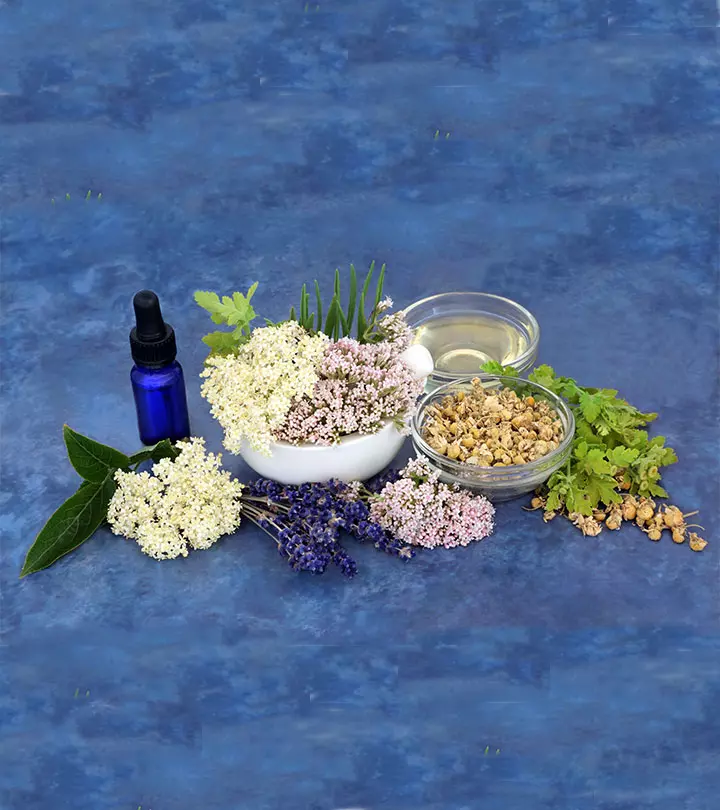
Image: Shutterstock
Stress and anxiety are a part of life. However, sometimes, coping with them can be tough. In such cases, aromatherapy can help. There are several essential oils for anxiety and stress that can help calm and soothe the deep recesses of our minds. This principle is at the core of aromatherapy, which uses these oils to promote health and well-being. To understand essential oils, you must know what they are and where to get them. They are prepared by distilling different plant parts. Essential oils are highly concentrated aromatic oils and contain the essence of the plant’s leaves, roots, and flowers.
Aromatherapy has multiple therapeutic benefits, including decreasing stress levels, anxiety, and pain relief (1). People have used essential oil blends for anxiety and panic attacks for ages. However, science has just begun to explore how essential oils affect different aspects of physical and mental health. This article looks at essential oils for anxiety and what the research suggests. Keep reading.
In This Article
What You Need To Know Before You Use Essential Oils For Anxiety
Each essential oil has a distinct aroma and works variedly on your senses for impact. Simone Reitberger, Clinical Aromatherapist, says, “They are made of chemical constituents that have a variety of therapeutic properties for instance anti-inflammatory, antidepressant, and antibacterial agents.” Now that you have a fair idea about what essential oils are and what they can do, you can proceed to understand how they generally work and some precautions you need to take heed of when you are working with them.
- Essential oils for relaxation work by stimulating the receptors of smell located in your nose and using them to send signals to your brain and nervous system (2).
- In aromatherapy, the two main methods are the topical application of essential oils and inhalation of the diffused scent of oils to help with anxiety. There is not enough evidence-based research regarding the safety of swallowing most essential oils. So, contrary to any advice on the internet, refrain from ingesting essential oils.
- Essential oils are unregulated by the FDA (Food and Drug Administration), so take caution as you practice and only opt for pure essential oils from trusted sources.
- Steer clear of essential oils with synthetic scents and only purchase oils where you can clearly read the labels that should have the botanical name specified.
- It is important to note that many essential oils can cause allergic reactions or irritation on sensitive skin (3). It is best to adhere to instructions of use for specific oils to protect yourself against harm.
 Pro Tip
Pro TipWith some of the important factors noted, let’s dive into the best essential oils that you can use to get relief from anxiety.
Key Takeaways
- Topical application of essential oils and inhalation of the diffused scent help manage anxiety.
- The compounds in lavender soothe anxious feelings by influencing the limbic system.
- Holy basil can reduce stress-related symptoms by up to 39% and improve mood.
The Most Effective Essential Oils To Calm Feelings Of Anxiety
All essential oils for calming, smell amazing, and can easily make you feel like you are in a fancy and expensive spa. But to get the benefits of essential oils for anxiety, you do not need to bleed through your pockets. Although a good day at a spa should be a treat on everybody’s self-care regimen, you only need to pick your favorite oils to carry around and use.
The sheer number of essential oils with different properties and benefits may be overwhelming for you if you are just starting out. So, to make things simpler, here are some of the best essential oils for anxiety that have been through trials or studies and come out as strong contenders to battle off the blues.
- Valerian
One of the biggest challenges with anxiety is sleep. When your mind is racing and your heart seems to be wanting to beat itself out of your chest, all you may want is to lie down and fall asleep. Valerian essential oil may help you do just that. Derived from the roots of the herb valerian, it contains compounds that can soothe your nerves and promote restful sleep. With a woody, musky scent, valerian has been used as a sleep aid since ancient times.
A review of studies that were conducted to look at the effect of valerian oil on anxiety and troubles with sleep noted positive outcomes for valerian as an aid to combat anxiety (4).
To use valerian essential oil and feel sleepy and relaxed, you need to add just a few drops into a diffuser and inhale the vapor.
Potential Side Effects: There are no known side effects of valerian essential oil, according to a systematic review and meta-analysis of the use of valerian essential oil as a sedative (5)
- Lavender
You have probably already heard about lavender oil for anxiety. It is one of the most popular calming essential oils that people use to alleviate stress and feelings of anxiety. It has a floral scent with a unique woody undertone and that makes it a great choice for beginners who are exploring the waters of aromatherapy. According to a study, the compounds in lavender work to soothe anxious feelings by influencing the limbic system— the part of the brain that is in charge of emotions (6).
Another review that evaluated studies using lavender to manage anxiety noted that inhaling lavender essential oil could lower anxiety levels significantly when measured on a clinical scale. It also noted that a massage with lavender oil could help to reduce levels of anxiety (7).
You can draw yourself a warm bath with drops of lavender oil mixed with a carrier oil like almond or jojoba or mixed with a bath gel that is unscented. You can also put a few drops on your pillow to get a relaxing sleep.
Christina Ann, a YouTuber, shared how essential oils helped with her anxiety. She adds lavender essential oil to the diffuser in her bedroom before bed and it seems to calm her down. In her video, she said, “One night I was feeling so stressed and anxious and just like really bad. I had the diffuser and my mom kind of snuck the diffuser out of my room and put the lavender in it. The next morning I woke up so calm (i).”
 Pro Tip
Pro TipPotential Side Effects:Lavender oil has been linked to gynecomastia (enlargement of breasts) in pre-puberty boys (8). It can also lead to allergic reactions, so using a patch test before the direct topical application is recommended (9). Add a drop to your elbow area and place a pad over it for 12 hours to discern if any allergic or sensitivity is experienced
- Vetiver
Vetiver is a lesser-known essential oil for anxiety, but in no way is it less effective. This oil, with its sweet and earthy scent, is derived from a grassy plant that is native to India and Indonesia. Another name of vetiver oil is khus oil, and it can help to reduce symptoms of anxiety and produce mental clarity. Although human studies with vetiver oil are limited, a study conducted on mice showed that vetiver’s anti-anxiety effects were similar to those of diazepam, a popular drug for treating anxiety. It also showed the nootropic effect of vetiver which makes it great for improved cognitive function (10).
To avail vetiver essential oil benefits, you can add a few drops to a carrier oil and gently massage the back of your wrist or simply use a diffuser so you can inhale the soothing aroma of this calming oil.
Potential Side Effects: Vetiver may pose risk to a growing fetus owing to its anti-angiogenic properties and hence should be avoided during pregnancy and childbirth (11).
- Jatamansi / Spikenard
Jatamansi, also referred to as Spikenard, is an endangered plant belonging to the same family as valerian. It grows in the alpine mountains in India and has been used widely in Ayurvedic medicine. The roots of this plant are used to make jatamansi essential oil, which has an earthy, woody scent. You can use it to calm your mind and promote a good night’s sleep. A study conducted on mice in 2018 revealed that jatamansi oil has a significant role in reducing anxiety and uses two neurotransmitters to bring about its anti-anxiety effects (12).
You can massage your temples or forehead with jatamansi oil by diluting it with another carrier oil of your choice for a relaxing lift-me-up.
Potential Side Effects: Jatamansi has no reported toxicity and side effects (13,14).
- Jasmine
One sniff of jasmine essential oil can lift your mood up and make you feel better. Its beautiful floral scent has made jasmine popular in the health, wellness, and beauty industries. Dried jasmine petals are used in tea blends, and you can even find the use of jasmine in perfumes and cosmetic products. A study conducted to investigate the effect of jasmine oil on the nervous system and how it influenced mood responses revealed that inhaling jasmine oil can lead to positive emotions like feeling fresh, active, romantic, and a sense of general well-being (15).
You can use jasmine essential oil when you want to rid yourself of anxious emotions but don’t want to fall asleep. That’s because jasmine, according to a study conducted in 2017, can also significantly lower levels of anxiety (16).
The simplest ways to use jasmine oil are to inhale it directly from the bottle, use it in a diffuser, or add it on a tissue/handkerchief that you can smell at will. You can also use it as a massage oil.
Potential Side Effects: Jasmine essential oil is likely safe as there is a lack of evidence or reports of side effects. To rule out any allergic reaction to jasmine oil, a patch test should be conducted before using it for a massage.
- Bergamot
Bergamot is one of the best essential oils for anxiety if citrus is your thing. That’s because this essential oil is processed from the zest of bergamot oranges. The strong citrus scent from the peel is also used widely in perfumes. You can make bergamot oil a part of your pack of essential oils for anxiety as there is evidence to support its anti-anxiety and mood-regulatory properties.
A study from 2015 noted that one of the many notable bergamot essential oil benefits is its ability to improve mood and relieve symptoms of anxiety in both human and animal trials (17).
Another study in 2017, conducted on a group of women, found that inhaling bergamot oil for 15 minutes could promote a rise in positive feelings (18). You can use this oil for relaxation by putting a few drops on a ball of cotton and inhaling it. As a precaution, avoid putting it directly on your skin.
Potential Side Effects: A study conducted to find the effects of bergamot essential oil in aromatherapy on mood, the nervous system, and the cortisol levels of 41 healthy women noted that no side effects were reported during the study (19). Avoid exposure to sunlight or UV radiation after the application of bergamot oil as it is photosensitive and may lead to burns (30).
- Chamomile
You may be already familiar with the tiny daisy-like flowers that grow on the chamomile plant. You may have spotted them in herbal tea blends. Its relaxing properties are not new knowledge. Most teas that include chamomile are in fact promoted as herbal teas to help in sleep. Chamomile has a pleasant scent and can work as a mild sedative, but there has not been enough research on its anti-anxiety properties.
One study in 2017 looked at the effect of chamomile extract on individuals with GAD (generalized anxiety disorder) and found that it could relieve symptoms of mild to moderate GAD over a period of 8 weeks, bringing about significant improvement in 58.1% of the subjects (20). Further investigation into chamomile oil benefits is required to establish its role in the long-term treatment of anxiety (21).
However, it still has a strong place among calming oils and you can keep it handy for stressful times. Chamomile is a strong oil, so you only need to use a little bit of it. You can either directly massage chamomile oil diluted with a carrier into your skin or pour a few drops in warm water for your bath.
Potential Side Effects:Drowsiness, nausea, diarrhea were among some mild side effects reported on oral consumption of chamomile extract according to the 2017 study (20). No evidence of safety has been presented regarding the consumption of chamomile essential oil. Therefore, do not use it during pregnancy unless under the guidance of a certified health professional or qualified aromatherapist.
- Holy basil
Holy basil, also known as Tulsi, is a tad different from the basil used in Italian recipes. Though they are from the same family, holy basil has a minty and spicy aroma and flavor. Holy basil is widely used in Ayurveda for its healing properties. So much so that researchers have studied it thoroughly to find the secrets it holds and come up with evidence for its inclusion among essential oils for anxiety.
A study conducted to look up the efficacy of holy basil in reducing symptoms of stress-induced anxiety and depression found that it had a significantly positive impact (22). Another review of the clinical efficiency and safety of holy basil in humans notes that holy basil could reduce stress-related symptoms by up to 39 percent in individuals with psychosomatic problems and improve their mood (23). You can use it as well, especially after a stressful day, by adding a couple of drops into an aromatherapy diffuser and inhaling the fragrance as it drifts through the room.
Potential Side Effects:A systematic review of 24 studies on the safety and efficacy of holy basil or tulsi, reported that it’s extract did not cause any adverse effects except an occasional case of nausea in one study (23). Avoid ingesting basil essential oil, as there isn’t sufficient evidence regarding its safety upon ingestion.
- Frankincense
You can enjoy frankincense essential oil if you are looking for a sweet and musky aroma.
Frankincense oil, derived from the aromatic resin found on the boswellia tree, is used widely in aromatherapy circles to combat stress and deepen the breath. A study conducted on women in labor revealed that frankincense was successful in reducing anxiety associated with labor (24). You can dilute frankincense oil with a carrier oil and massage your chest area and feet with it. Alternatively, you can put it in a diffuser.
It is also effective if you want to manage your stress. That’s because another animal study found that topically applied frankincense oil on rats could counteract the impact of stress on them. This led them to conclude that frankincense oil may play an active role in stress management (25).
Potential Side Effects: There are not enough studies to suggest adverse effects associated with use of frankincense essential oil. Never ingest essential oils without consulting a healthcare professional or a clinical aromatherapist.
- Lemon Balm
Lemon balm oil comes not from lemons, but from a herb that smells amazingly lemon-like. Lemon balm grows as a weed in many parts of the world and has a fresh and uplifting smell. It is considered among the top essential oils for anxiety used in aromatherapy for the soothing and restorative effect it can have on individuals who are feeling stressed out (26).
Another study looked at the effect of lemon balm extract when used in a drink and found that it improved mood, lowered anxiety levels, and reduced cortisol levels in saliva (27). However, unless you are being guided by a healthcare professional or a qualified aromatherapist, it is best to refrain from ingesting essential oils. To use them, put the oils in a diffuser and let the fresh, invigorating scent waft through the room and rejuvenate your senses. If you don’t have a diffuser or feel reluctant to use one, you can also inhale it directly.
Potential Side Effects: Lemon balm essential oil may lead to contact dermatitis if you are allergic to lemon balm. It may induce sleepiness, so combining it with alcohol or using it before driving is advised against. Oral consumption of lemon balm oil is not recommended. Ingesting lemon balm extract can cause nausea and diarrhea (28).
- Patchouli
Research suggests that stress may lead to anxiety disorders (31). However, the short-term inhalation of patchouli oil may help you deal with that (32). This managed stress may help keep anxiety at bay. You can inhale patchouli oil directly from the bottle. It has a wine-like intoxicating fragrance that might be described as woody, sweet, and spicy. Alternatively, you may dilute it with a carrier oil and massage your body with it.
Potential Side Effects: There are no studies that claim that patchouli oil may have side effects. However, like all essential oils, it may irritate your skin, especially if you are allergic to it. You can avoid this by conducting a patch test. Anecdotal evidence also suggests that the strong fragrance of the oil may be irritating for people who are not used to it and cause headaches.
Essential oils have a range of aromas, from woody, earthy scents to bright floral, zesty notes. When coupled with aromatherapy, they offer a range of benefits, from inducing sleep to promoting mental calmness. Using essential oils for anxiety works as their bioactive compounds can soothe your nerves. Feel free to try out all of the oils mentioned in this article. You can mix them with your favorite scents and see what works best for you. You also must seek expert help to understand the best ways to manage anxiety.
Frequently Asked Questions
Where do you apply essential oils for treating anxiety?
Essential oils can be applied by mixing with carrier oils. This mixture can be applied behind the ears, wrist, temples, or over the ankles to manage anxiety. A full-body blend will affect your entire nervous system and has many benefits.
Where do I apply frankincense oil for anxiety?
Frankincense oil can be massaged on the arms and feet to relieve tension and manage anxiety.
Incorporate essential oils into your life for anxiety relief using a diffuser, massaging your body, or through other aromatherapy techniques like having a soothing bath before retiring to bed. Check out the video below to learn how you can use these oils and opt for ways that work best for you.
Personal Experience: Source
StyleCraze's articles are interwoven with authentic personal narratives that provide depth and resonance to our content. Below are the sources of the personal accounts referenced in this article.
(i) How To Help Your Anxiety | My experience with essential oilshttps://www.youtube.com/watch?v=nrNIsQt8er8
References
Articles on StyleCraze are backed by verified information from peer-reviewed and academic research papers, reputed organizations, research institutions, and medical associations to ensure accuracy and relevance. Read our editorial policy to learn more.
- The Effectiveness of Aromatherapy in Reducing Pain: A Systematic Review and Meta-Analysis
https://www.ncbi.nlm.nih.gov/pmc/articles/PMC5192342/ - Aromatherapy and the Central Nerve System (CNS): Therapeutic Mechanism and Its Associated Genes
https://pubmed.ncbi.nlm.nih.gov/23531112/ - Allergic Contact Dermatitis Following Exposure to Essential Oils
https://pubmed.ncbi.nlm.nih.gov/12121401/ - Valerian Root in Treating Sleep Problems and Associated Disorders—A Systematic Review and Meta-Analysis
https://www.ncbi.nlm.nih.gov/pmc/articles/PMC7585905/ - Valerian for Sleep: A Systematic Review and Meta-Analysis
https://www.ncbi.nlm.nih.gov/pmc/articles/PMC4394901/ - Lavender Oil for Anxiety and Depression: Review of the Literature on the Safety and Efficacy of Lavender
https://www.naturalmedicinejournal.com/journal/lavender-oil-anxiety-and-depression-0 - Effects of Lavender on Anxiety: A Systematic Review and Meta-Analysis
https://www.sciencedirect.com/science/article/pii/S0944711319303411?via%3Dihub - Prepubertal Gynecomastia Linked to Lavender and Tea Tree Oils
https://pubmed.ncbi.nlm.nih.gov/17267908/ - Lavender Oil Lacks Natural Protection against Autoxidation Forming Strong Contact Allergens on Air Exposure
https://onlinelibrary.wiley.com/doi/full/10.1111/j.1600-0536.2008.01402.x - Anxiolytic and Nootropic Activity of Vetiveria Zizanioides Roots in Mice
https://www.ncbi.nlm.nih.gov/pmc/articles/PMC4630689/ - Maternal Reproductive Toxicity of Some Essential Oils and Their Constituents
https://www.mdpi.com/1422-0067/22/5/2380 - Anxiolytic Actions of Nardostachys Jatamansi Via Gaba Benzodiazepine Channel Complex Mechanism and Its Biodistribution Studies
https://pubmed.ncbi.nlm.nih.gov/29934858/ - Medicinal Properties of Nardostachys Jatamansi (A Review)
https://www.researchgate.net/publication/303531421_Medicinal_Properties_of_Nardostachys_jatamansi_A_Review - The Study of Effect of Herb Nardostachys Jatamansi on Skin
https://www.longdom.org/proceedings/the-study-of-effect-of-herb-nardostachys-jatamansi-on-skin-9513.html - The Effects of Jasmine Oil Inhalation on Brain Wave Activies and Emotions
https://www.researchgate.net/publication/236235613_The_effects_of_jasmine_Oil_inhalation_on_brain_wave_activies_and_emotions - Effects of Jasminum Multiflorum Leaf Extract on Rodent Models of Epilepsy Motor Coordination and Anxiety
https://pubmed.ncbi.nlm.nih.gov/28262620/ - Citrus Bergamia Essential Oil: From Basic Research to Clinical Application
https://www.ncbi.nlm.nih.gov/pmc/articles/PMC4345801/ - Bergamot (Citrus bergamia) Essential Oil Inhalation Improves Positive Feelings in the Waiting Room of a Mental Health Treatment Center: A Pilot Study
https://www.ncbi.nlm.nih.gov/pmc/articles/PMC5434918/ - Effects of Bergamot (Citrus bergamia (Risso) Wright & Arn.) Essential Oil Aromatherapy on Mood States Parasympathetic Nervous System Activity and Salivary Cortisol Levels in 41 Healthy Females
https://www.karger.com/Article/FullText/380989 - Short-term Open-label Chamomile (Matricaria Chamomilla L.) Therapy of Moderate to Severe Generalized Anxiety Disorder
https://www.ncbi.nlm.nih.gov/pmc/articles/PMC5589135/ - Long-Term Chamomile (Matricaria Chamomilla L.) Treatment for Generalized Anxiety Disorder: A Randomized Clinical Trial
https://www.ncbi.nlm.nih.gov/pmc/articles/PMC5646235/ - Effects of Ocimum Sanctum and Camellia Sinensis on Stress-Induced Anxiety and Depression in Male Albino Rattus Norvegicus
https://www.ncbi.nlm.nih.gov/pmc/articles/PMC2959210/ - The Clinical Efficacy and Safety of Tulsi in Humans: A Systematic Review of the Literature
https://www.ncbi.nlm.nih.gov/pmc/articles/PMC5376420/ - The Effectiveness of Aromatherapy in the Management of Labor Pain and Anxiety: A Systematic Review
https://www.ncbi.nlm.nih.gov/pmc/articles/PMC7445940/ - The Effects of Frankincense Essential Oil on Stress in Rats
https://pubmed.ncbi.nlm.nih.gov/31582666/ - Relaxant Effect of Essential Oil of Melissa Officinalis and Citral on Rat Ileum Contractions
https://pubmed.ncbi.nlm.nih.gov/12837359/ - Anti-Stress Effects of Lemon Balm-Containing Foods
https://www.ncbi.nlm.nih.gov/pmc/articles/PMC4245564/ - Lemon Balm (Melissa Officinalis L.): An Evidence-Based Systematic Review by the Natural Standard Research Collaboration
https://www.researchgate.net/publication/7144806_Lemon_balm_Melissa_officinalis_L_an_evidence-based_systematic_review_by_the_Natural_Standard_Research_Collaboration - Essential Oils and Anxiolytic Aromatherapy
https://pubmed.ncbi.nlm.nih.gov/19831048/ - Gas Chromatography-Mass Spectrometry Analysis of Photosensitive Characteristics in Citrus and Herb Essential Oils
https://www.longdom.org/open-access/gas-chromatographymass-spectrometry-analysis-of-photosensitive-characteristics-in-citrus-and-herb-essential-oils-2157-7064.1000261.pdf - Stress and health: psychological, behavioral, and biological determinants
https://www.ncbi.nlm.nih.gov/pmc/articles/PMC2568977/ - Effects of short-term inhalation of patchouli oil on professional quality of life and stress levels in emergency nurses: a randomized controlled trial
https://pubmed.ncbi.nlm.nih.gov/32907352/
Read full bio of Simone Reitberger
Read full bio of Varsha Patnaik
Read full bio of Ravi Teja Tadimalla
Read full bio of Payal Karnik







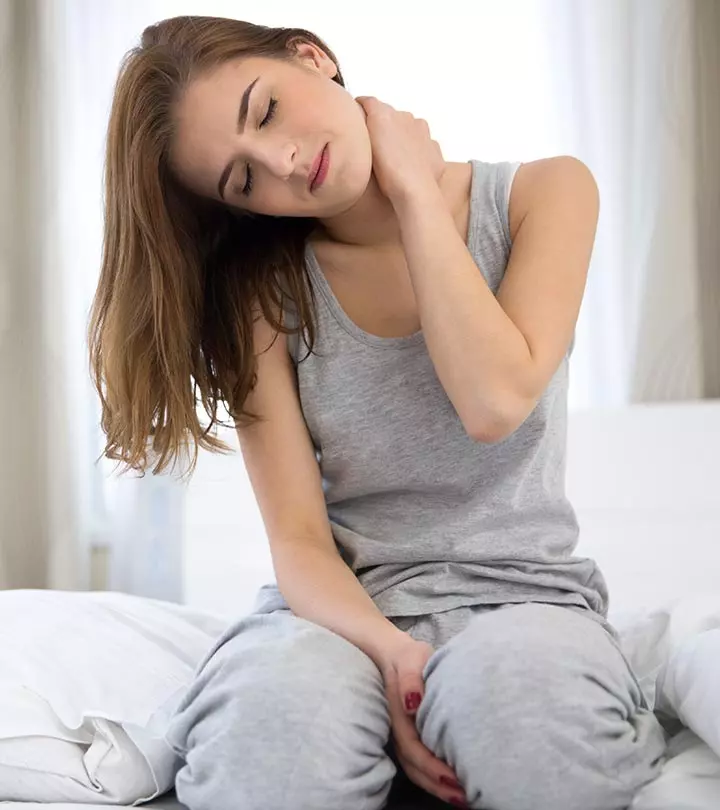
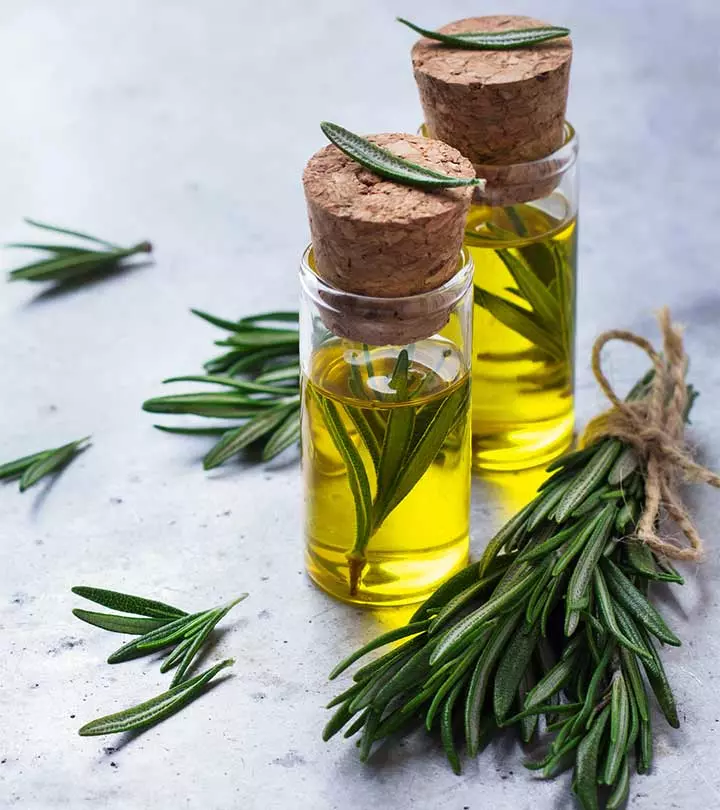

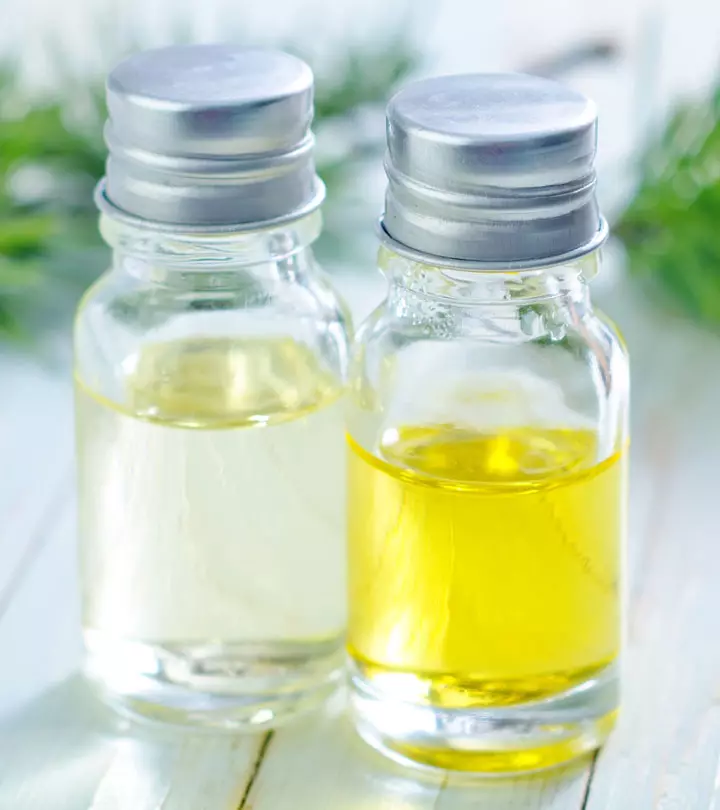
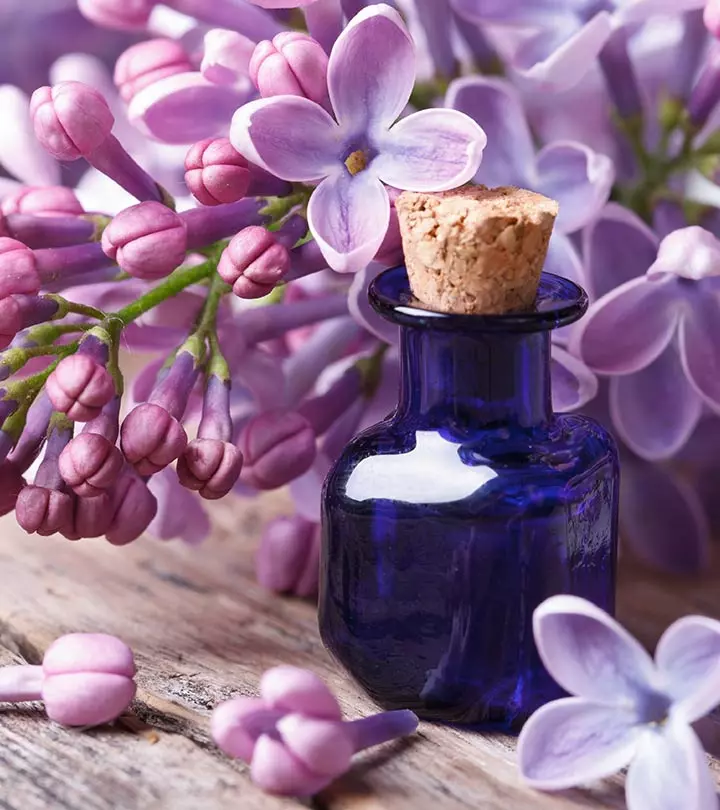
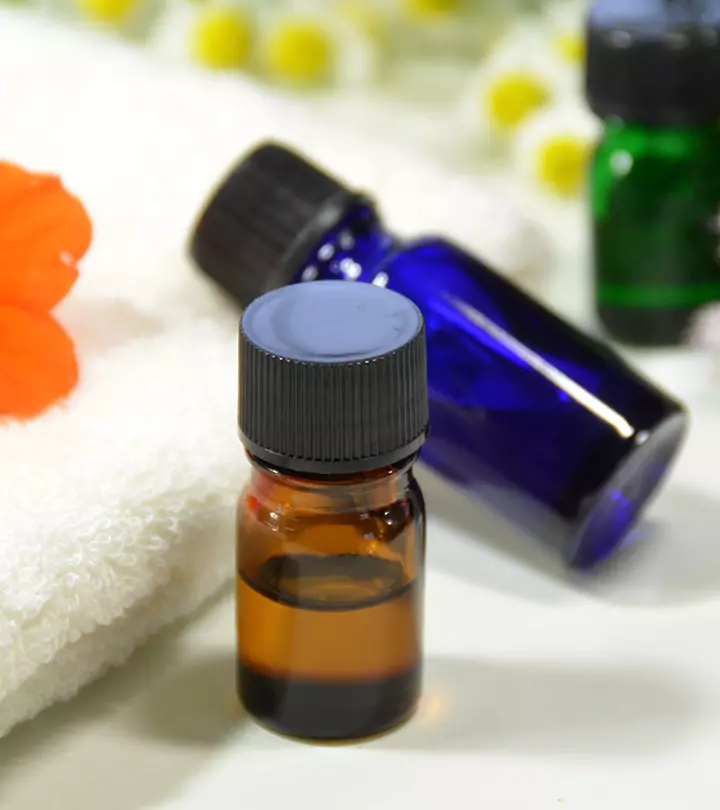

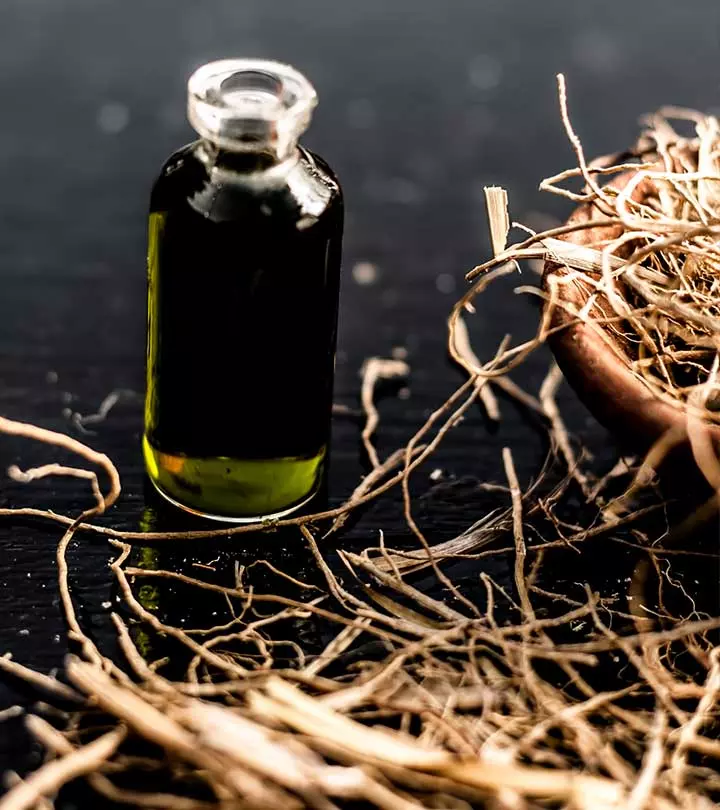
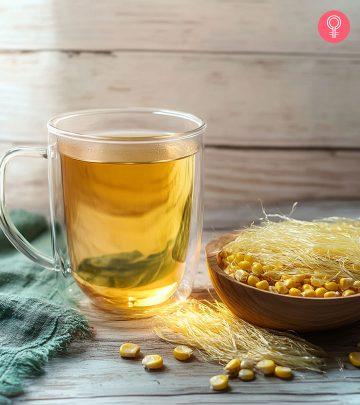
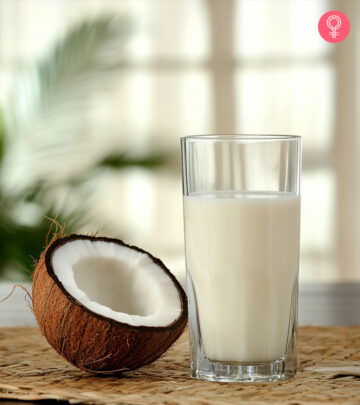
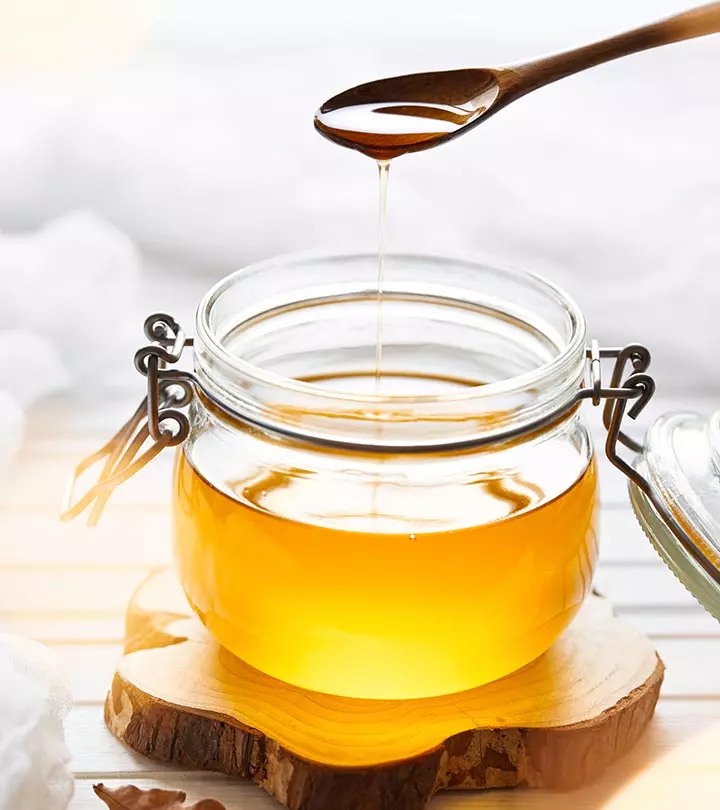
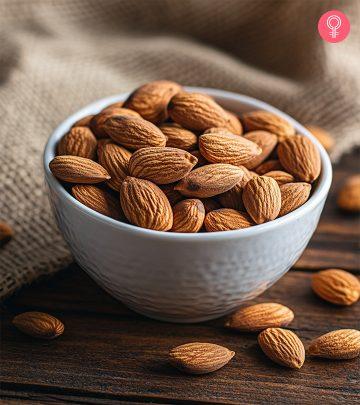
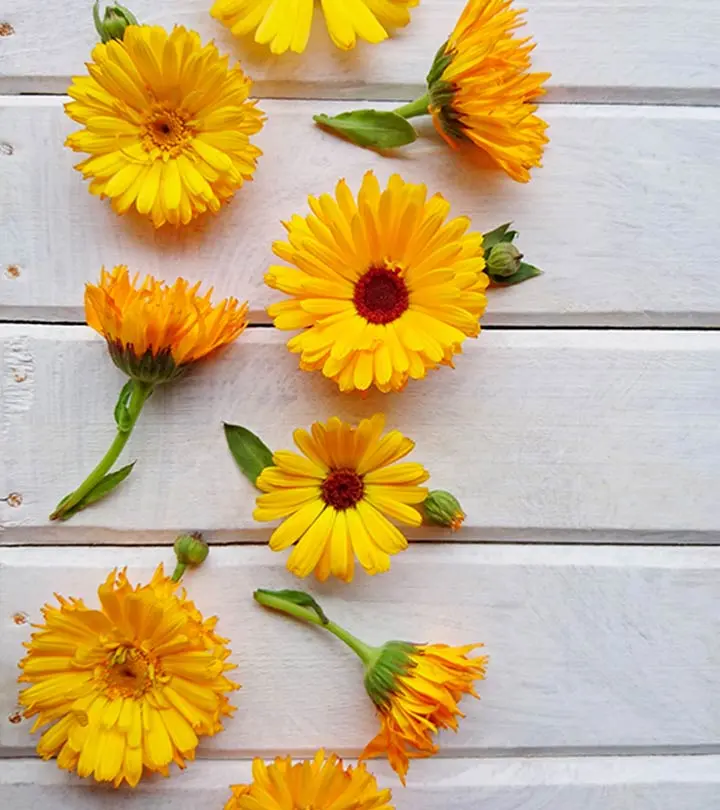
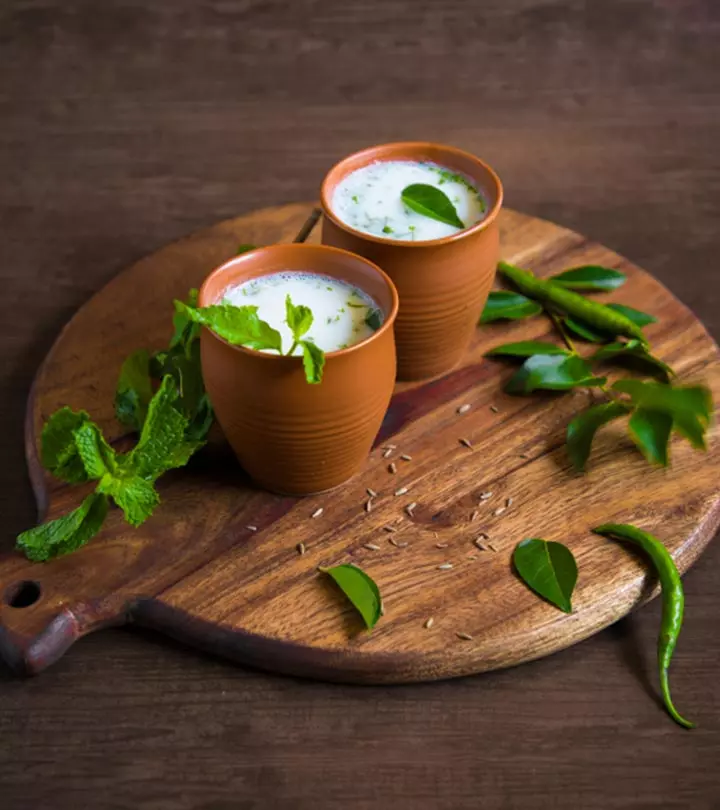
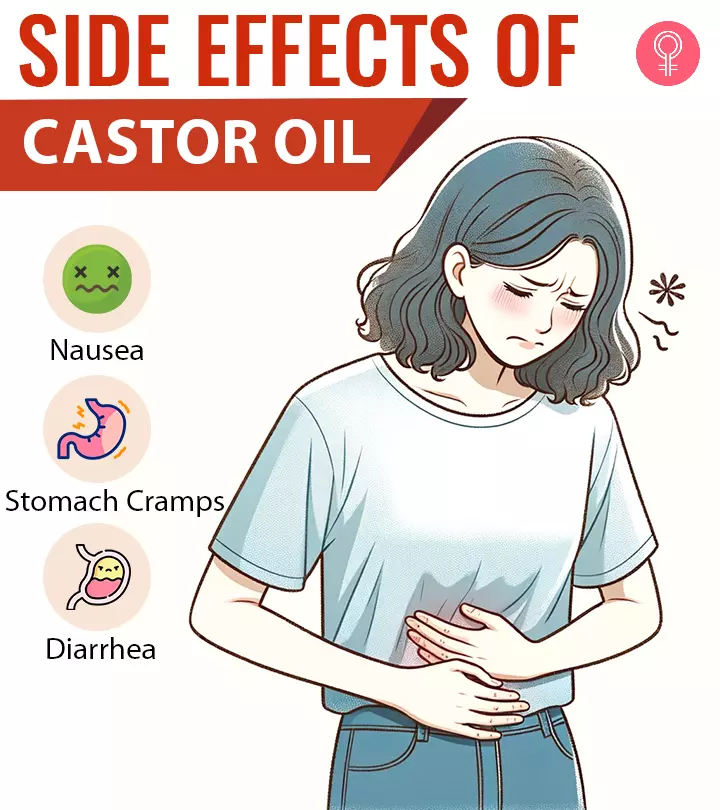
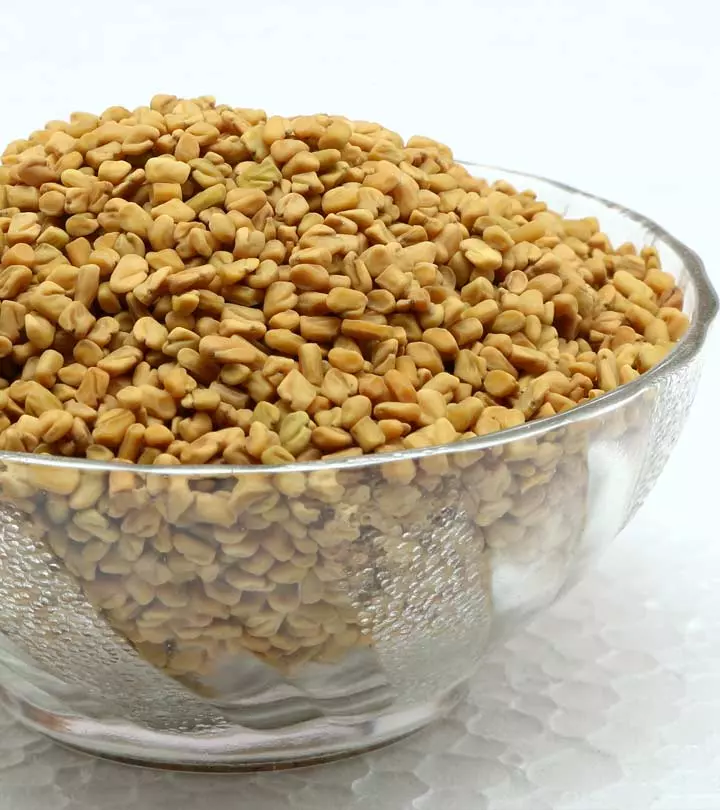


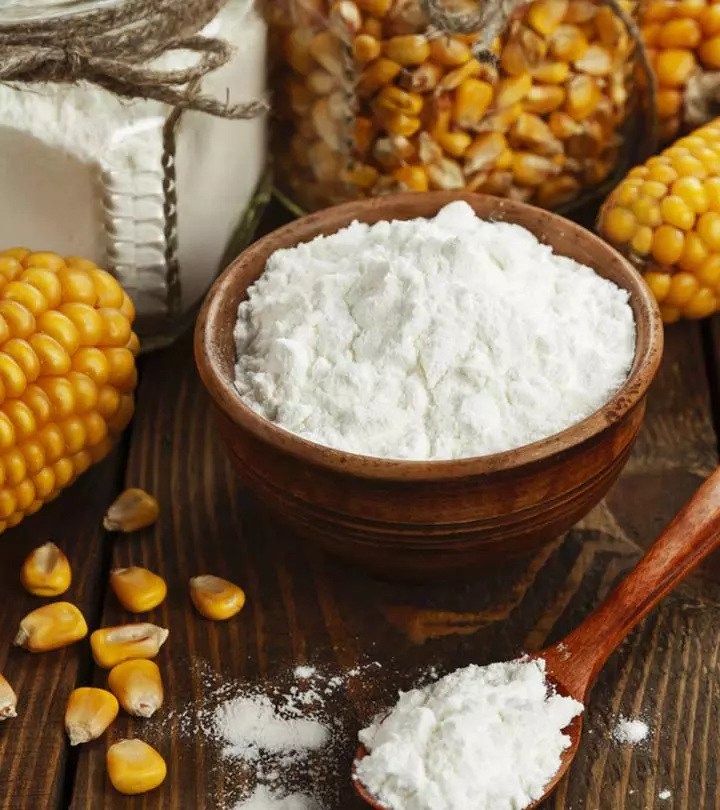
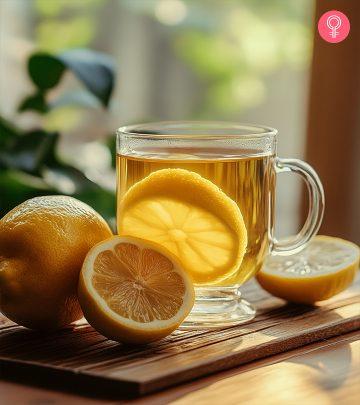
Community Experiences
Join the conversation and become a part of our empowering community! Share your stories, experiences, and insights to connect with other beauty, lifestyle, and health enthusiasts.